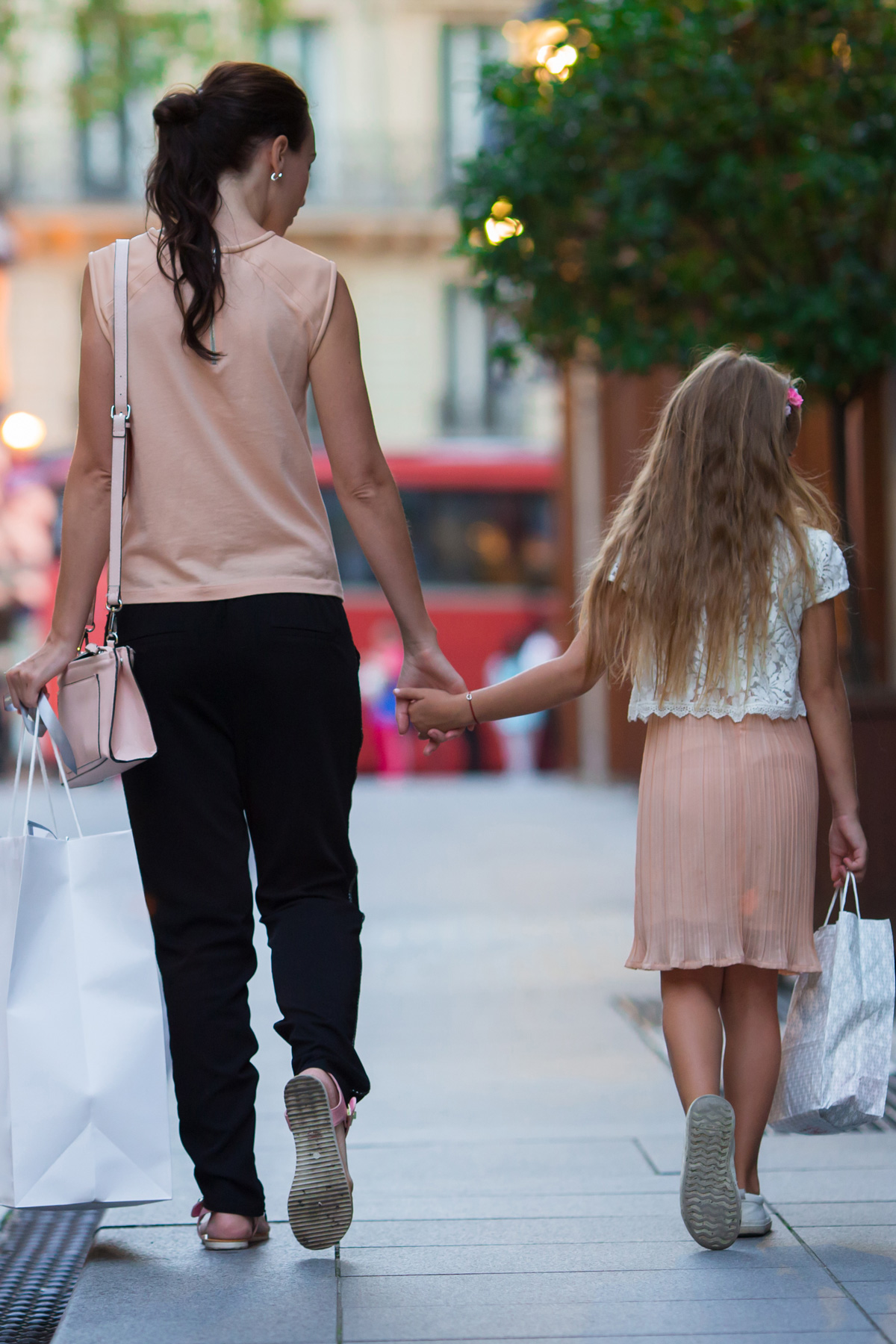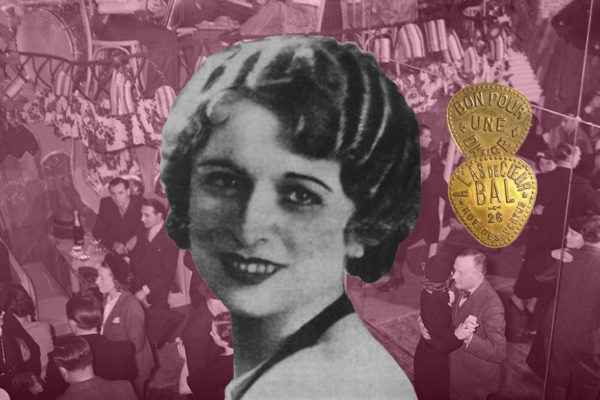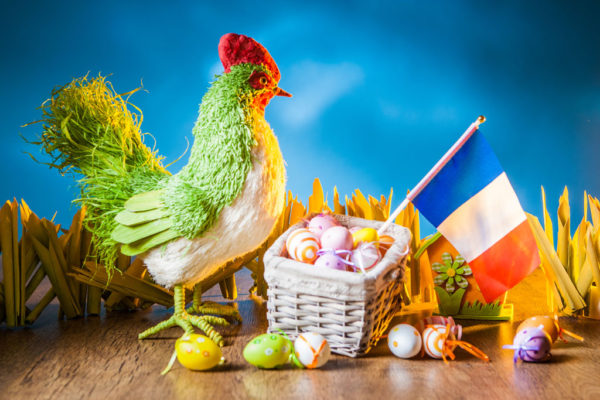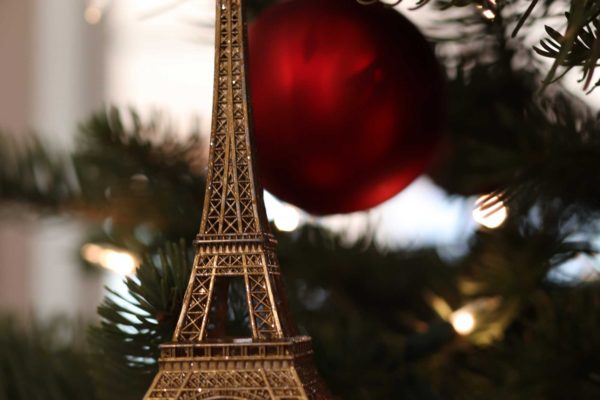
Don’t be upset if your child is French, it’s actually really handy
I’ve been mumming in France for five years now and, in spite of all my British training (Peppa Pig-enforced viewing and Percy Pig-enforced eating), my children are remain resolutely French. They think Marmite is a cooking pot and insist that ducks say “coin coin” and not “quack quack”. Rather than buckling under the weight of this madness, I’m choosing to look on the bright side. After all, there are plenty of advantages to having a French child. Let’s count them.
1. They are tiny human dictionaries.
My elder daughter is only five yet is already proving to be a highly useful language support for my feeble brain. A sort of human vocabulary plugin. Now I do have an adult male French person to whom I could put the same questions but – just between us – there are certain language questions I’m too embarrassed to ask him, as I feel I really should know them by now.
For example, I find it impossible to remember the difference between “perruque” and “perruche”. I know one is “parakeet” and the other is “wig” but I have no idea which. I’m fond of playing spot-the-wig on public transport which makes this vocabulary gap particularly irksome, as I’ve no idea if I’m whispering, “Look, he’s got a parrot on his head” to my nearest and dearest. And this is where a non-judgmental five-year-old comes in. She is happy to help out with these perplexing matters. I’m not sure that a teenage version will be quite so obliging but, for now, I’m milking the situation for all it’s worth.

2. They also know if a word is masculin or féminin.
My brain has quite a bit in common with the wipe-clean bed sheets in swingers’ bedrooms in that very little sticks. Words are tricky but genders are riddles, wrapped in a mystery, inside an enigma. I like to think it’s a rejection of a superfluous and unnecessarily complicated language feature but it’s probably just stupidity. Anyhoo, this is why it’s so useful to have a French child around. You can say, “Is “perruche” a boy or a girl word?” and the child will roll her eyes and say, “Féminin”. Just last night, the 3yo was complaining about finding a hair in her dinner. Before I could even respond that it wouldn’t kill her, the 5yo was bellowing at her little sister (with a zeal usually only observed in religious fanatics) “T’as dit UNE cheveu. Ce n’est pas UNE cheveu, c’est UN cheveu.” I found this most instructional as I, too, had thought that “hair” was a girl word.

3. They give me a justification for living here.
The Brexit mess has made my grip on continental Europe feel tenuous, like I’m clinging to a cliff face while Nigel Farage (in Union Jack shorts) stands above me, stomping on my hands and bleating about “taking back control” through beery spittle. Having a pair of French-passport-wielding children toddle either side of me in our town is a grounding experience; they are little anchors in a mad jingoistic world. “You can’t throw me out of France,” I imagine myself explaining to President Le Pen, “I have two small people who speak with local accents. They even know the subjunctive, FFS.” Le Pen melts like the Nazis in Raiders of the Lost Ark and I continue buying my baguettes in peace.
4. They force you to learn about French customs and culture.
French culture can seem like something of an unpenetrable castle, with you on the outside being insulted by a guard who throws cows at you as you try to enter.
You may live in the country, eat the food, drink the wine but if you don’t have French connections, are you really anything more than a long-term tourist? Of course, children aren’t the only way to be part of French culture – working, volunteering or joining local groups are also excellent – but they are a fast-route in that once you start you can’t stop. Think of your child as the barrel that you grip onto as (s)he takes you over the Niagara Falls that is France.
If you or your partner is pregnant in France, then this is a hardcore introduction to the French administration (doctors, la carte vitale, mutuelles, the CAF, social security system) as well as expectations about how to give birth and care for a baby (hospital births, epidural, scheduled feeding and early returns to work) and this is before we even get to applying for crêches or school. At every step you encounter a French institution or mindset that would be easy to miss otherwise. While not every step of the way may be pleasant or tally with your ideals or instincts, it is undeniably an education in the country we live in – one I’m personally grateful for having.
Today, we’re going to take part in our town’s carnival along with the other parents and children who are part of the local school. We’re going to dress up, throw confetti and dance badly and we parade towards the town hall. Being part of a community feels important – now more so than ever – and it is something I doubt I would have had without my French children. Just one concern though – wigs are part of the carnival costume, so is that “perruche” or “perruque”?
Are you a foreign parent with a child or children in France? Have you had similar experience? Tell us in the comments. And please SHARE and LIKE if you have enjoyed 😀






Mary
.Well